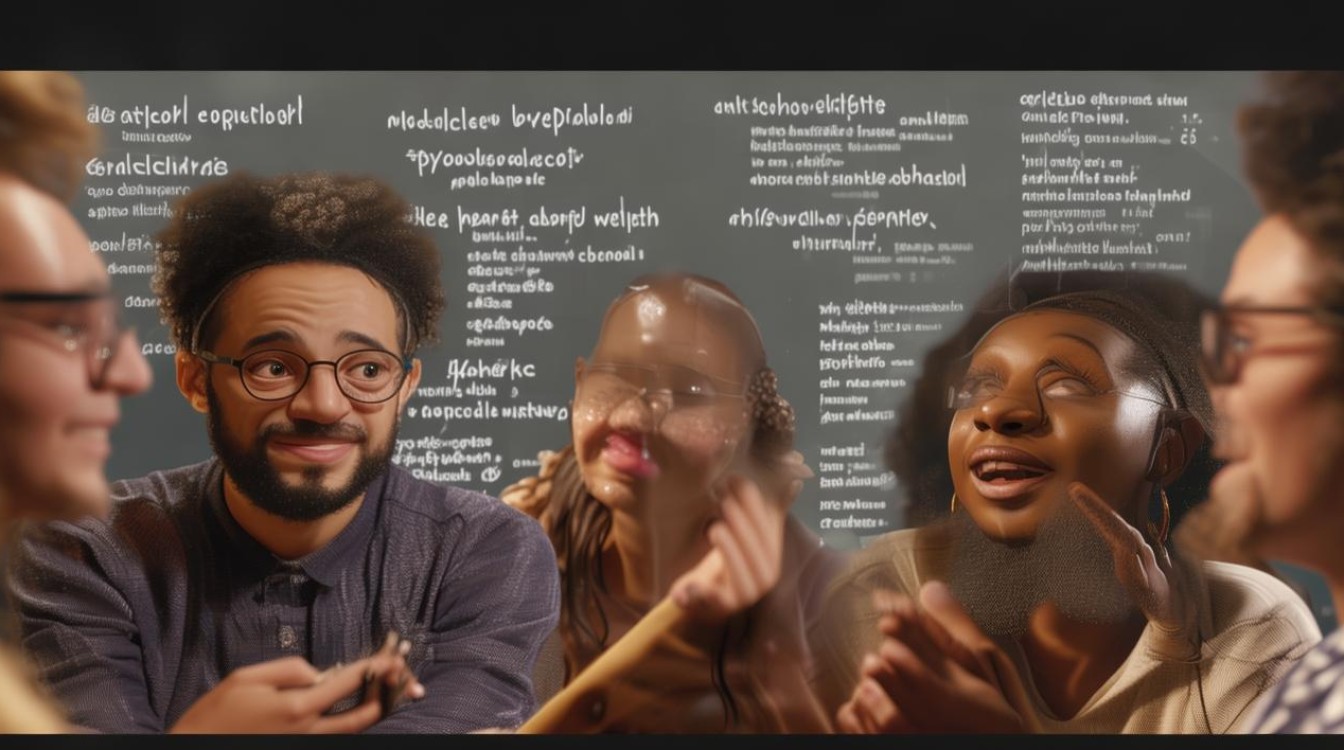Language is a powerful tool for capturing the essence of human nature. Whether describing personality, appearance, or behavior, English offers a rich vocabulary to articulate different traits. This guide explores descriptive words for people, categorizing them for clarity and ease of use.

Words Describing Personality Traits
Personality shapes how individuals interact with the world. Here are key adjectives to describe different temperaments:
Positive Traits
- Charismatic – Naturally charming and persuasive.
- Empathetic – Shows deep understanding of others’ feelings.
- Resilient – Recovers quickly from difficulties.
- Optimistic – Maintains a hopeful outlook.
- Diligent – Hardworking and thorough.
Negative Traits
- Cynical – Distrustful of others’ motives.
- Impulsive – Acts without thinking.
- Stubborn – Unwilling to change opinions.
- Pessimistic – Expects negative outcomes.
- Indecisive – Struggles to make choices.
Neutral Traits
- Introverted – Prefers solitude or small groups.
- Extroverted – Thrives in social settings.
- Analytical – Thinks logically and critically.
- Spontaneous – Acts on the moment without planning.
Words Describing Physical Appearance
Physical descriptions help visualize a person. These terms cover various aspects of looks.
General Appearance
- Statuesque – Tall and elegantly poised.
- Petite – Small and delicately built.
- Lanky – Tall and thin, sometimes awkwardly so.
- Stocky – Broad and solidly built.
Facial Features
- Chiseled – Sharp, well-defined facial structure.
- Round-faced – Full, circular cheeks.
- High-cheekboned – Prominent cheekbones.
- Freckled – Covered with small brown spots.
Hair Descriptions
- Wavy – Gentle curls, neither straight nor coiled.
- Frizzy – Tight, voluminous curls.
- Balding – Losing hair gradually.
- Jet-black – Deep, intense black color.
Words Describing Behavior and Mannerisms
How a person acts can define their character. These words capture behavioral tendencies.

Positive Behaviors
- Courteous – Polite and respectful.
- Gregarious – Fond of company, sociable.
- Meticulous – Pays extreme attention to detail.
- Eloquent – Speaks fluently and persuasively.
Negative Behaviors
- Condescending – Talks down to others.
- Belligerent – Hostile and aggressive.
- Fickle – Changes opinions frequently.
- Sarcastic – Uses irony to mock.
Neutral Behaviors
- Reserved – Slow to reveal emotions.
- Methodical – Follows a systematic approach.
- Nonchalant – Appears casually indifferent.
Words Describing Emotional States
Emotions influence how people present themselves. These adjectives describe feelings and moods.
Positive Emotions
- Jubilant – Extremely joyful.
- Content – Satisfied with circumstances.
- Serene – Calm and untroubled.
Negative Emotions
- Melancholic – Deeply sorrowful.
- Frustrated – Feeling hindered or annoyed.
- Apprehensive – Anxious about the future.
Complex Emotions
- Nostalgic – Longing for the past.
- Ambivalent – Mixed or conflicting feelings.
Words Describing Intelligence and Skills
Mental capabilities vary widely. These terms describe cognitive strengths and weaknesses.
Intellectual Strengths
- Astute – Sharp in judgment.
- Erudite – Highly knowledgeable.
- Inventive – Skilled at creating new ideas.
Intellectual Weaknesses
- Obtuse – Slow to understand.
- Gullible – Easily deceived.
Skill-Based Descriptions
- Dexterous – Physically skillful.
- Artistic – Naturally creative.
Words Describing Social Roles
People often fit into social categories based on their interactions.

- Mentor – Guides and advises others.
- Mediator – Resolves conflicts.
- Rebel – Challenges norms.
Final Thoughts
Descriptive words help articulate the nuances of human nature. Whether discussing personality, appearance, or behavior, choosing the right term adds precision to communication. By expanding vocabulary, we enhance our ability to understand and describe the people around us.
Language evolves, and so does our perception of individuals. The right word can illuminate traits that might otherwise go unnoticed, fostering deeper connections and clearer expression.

